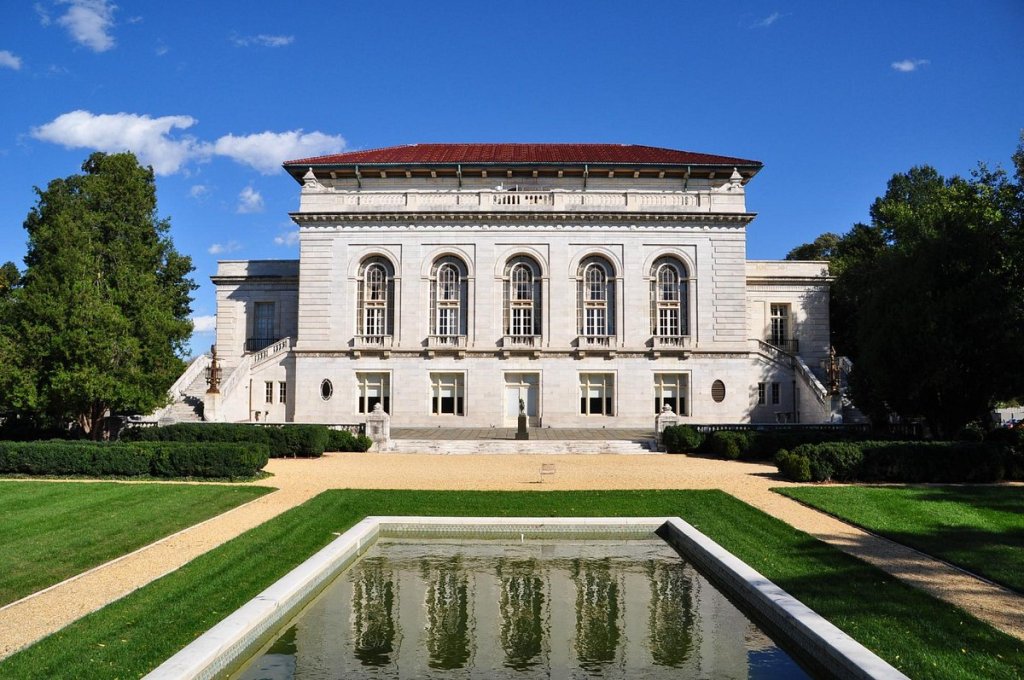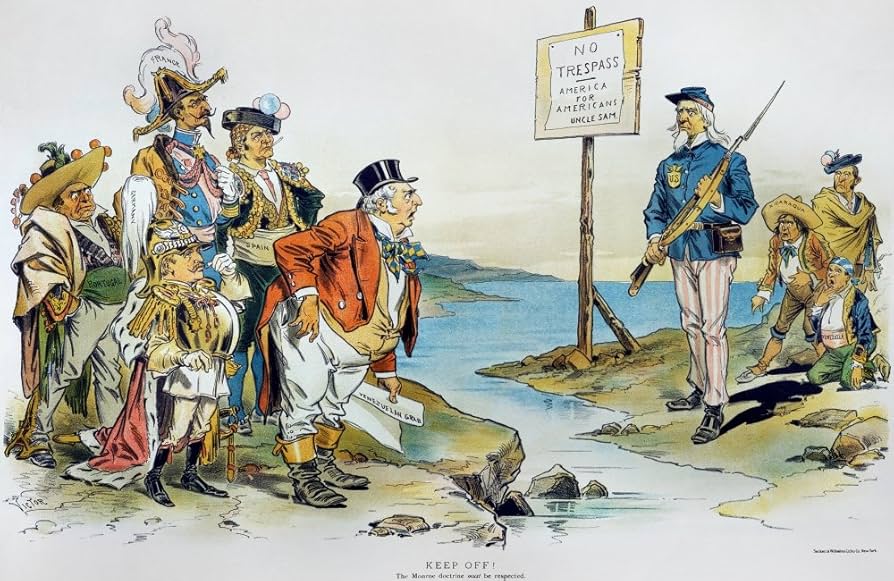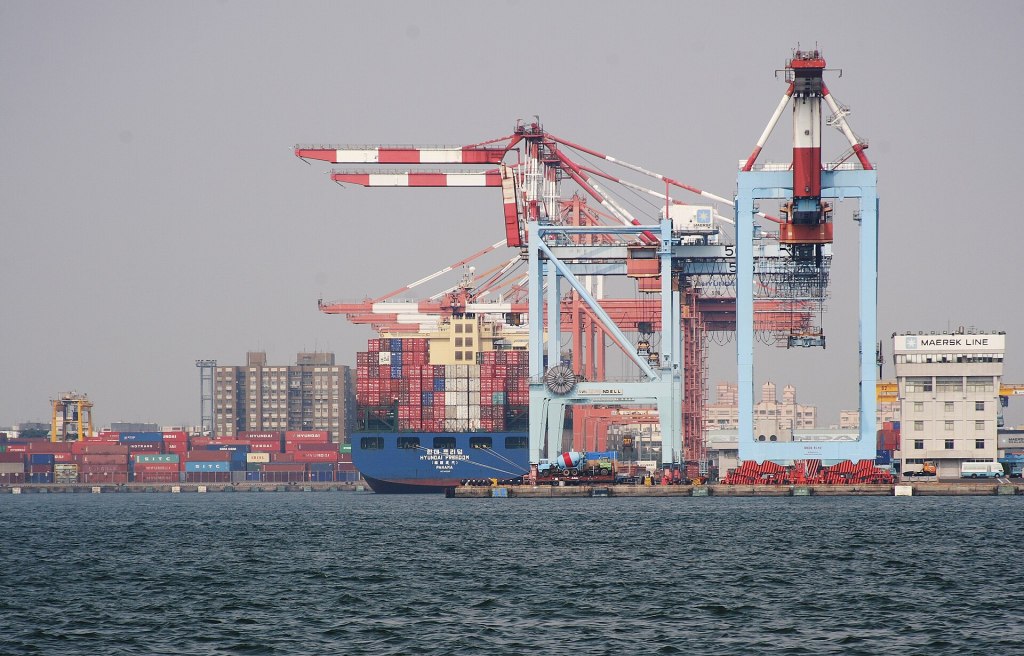Justin D. Rattey
I
There is a symbiotic relationship between juries and civil society; recent months have seen that relationship devastated. In response to COVID-19, courts across the United States have cancelled and postponed jury trials. Now, many courts are considering whether to conduct future jury trials virtually. In this essay, I consider the potential impacts of both jury trial cancellations and the possibility of virtual trials on the relationship between juries and civil society.
II
Jury trials have been integral to the American judicial system since at least its founding. The Declaration of Independence complained that King George III deprived “us in many cases, of the benefit of Trial by Jury,”1 and the Constitution twice provides for the preservation of jury trials in criminal cases — in Article III,2 and again in the Sixth Amendment.3 Writing in 1835, Alexis de Tocqueville observed that “the jury is both the most effective way of establishing the people’s rule and the most efficient way of teaching them how to rule.”4 Much more recently, in an April 2020 decision issued while facing the specter of COVID-19, the Supreme Court reiterated the centrality of the jury to the criminal justice process.5
Despite substantial praise, the use of juries in criminal cases has declined for much of American history.6 The increase in plea bargaining, coupled with the availability of bench trials and the costliness of litigation, paved the way for a precipitous decline of jury trials over the course of the twentieth century.
In recent decades, judges, scholars, and activists have tried to reverse the trend. Several Supreme Court decisions in the early 2000s required a greater role for juries in the criminal justice process,7 and a 2016 Northwestern Law Review symposium on the subject of “Democratizing Criminal Justice” yielded a body of scholarship dedicated to restoring democratic values to the criminal justice process.8 One of the symposium contributors, Judge Stephanos Bibas, urged greater use of juries and jury-like bodies to restore “democratic moral judgment” to the justice system.9 Others proposed “jury revival:” “juries should be included in the criminal justice process whenever reasonably possible, including at the investigative, charging, trial, and sentencing phases of criminal procedure.”10
COVID-19 threatens these efforts in the short-term, and potentially beyond. Jury trials in all fifty states and the District of Columbia have been affected by the pandemic.11 In light of recommendations by public health officials, decisions by courts to temporarily limit the use of juries is ostensibly prudent. The health risks associated with jury service — which generally entails sitting in close proximity to others for extended periods of time, and deliberating in sometimes-small jury rooms — are serious. Beyond the obvious health risks, courts across the country cite concerns about the travel requirements for jurors to reach courts (in Alaska, some citizens would be required to travel by airplane if called for jury service), the impact of school closures on parents’ capacities to participate, and the limited abilities of courts to test jurors prior to trials.12
As courts wrestle with decisions about how to move forward, at least one state-court in Texas has experimented with conducting virtual trials over Zoom. Jurors participated in that civil trial with their smartphones, laptops, and tablets, and the trial was streamed live on Youtube.13 Some courts are preparing to keep jurors in separate rooms (or buildings), allowing those jurors to view proceedings only via video.14 The COVID-19 Judicial Task Force, convened by the United States court system, issued a report in June recommending that courts “consider … virtual voir dire with prospective jurors participating from home via videoconferencing.”15
But the decision to limit the use of juries also creates challenges. The hardships for criminal defendants are, by now, well-documented. Such hardships include ensuring access to a speedy trial, protecting private communications between defendants and their attorneys, and satisfying the Constitution’s Confrontation Clause by ensuring that defendants can adequately question witnesses.16 The jury’s verdict in the Texas case described above was non-binding, alleviating at least some of these concerns.
Add to this list a different category of hardships — not on criminal defendants, but on civil society. In the first volume of Democracy in America, Tocqueville observed that the institution of the jury introduced “an eminently republican element into the government,”17 as the jury endowed executive authority into the hands of the people. He understood the reciprocal relationship between the jury and civil society. That relationship is threatened first and foremost by the cancellations of jury trials across the county; it may be impacted even further if courts embrace virtual alternatives too quickly.
Tocqueville appreciated the importance of face-to-face interactions. In discussing the value of civil associations, Tocqueville claims that “feelings and ideas are renewed, the heart enlarged, and the understanding developed only by the reciprocal action of men one upon another.”18 He claims that something special happens when people join together for collective projects. We become compassionate — what Tocqueville means when he says that the heart is “enlarged”— and learn the virtues necessary for living in society: “If men are to remain civilized or to become civilized, the art of association must develop and improve among them at the same speed as equality of conditions spreads.”19
The jury is one such association. Tocqueville lauds that “juries teach men equity in practice.”20 Participation on juries, like membership in associations, combats “individual selfishness which is like rust in society.”21 Many of Tocqueville’s arguments are repeated by those who advocate for democratizing criminal justice. Judge Bibas praises “opportunities for the public to participate;” Laura Appleman likewise describes participation in the adjudication process as a form of “democratic deliberation.”22
The relationship is mutually beneficial. Not only do juries instill virtues that jurors carry with them into civil society, but membership in civil associations also shapes the criminal justice system through juries. When called for jury services, citizens import community values about justice and equity, perhaps most visibly through jury nullification. When juries decline to enforce laws in particular cases, those juries exercise the “conscience of the community.” Even the mere threat of nullification impacts which cases are brought to trial and how law enforcement agents exercise police power. The power of nullification demonstrates the extent to which civil society enters into the criminal justice system through the institution of the jury.
Tocqueville is not alone in recognizing the relationship between juries and civil society. In his book Bowling Alone, Robert Putnam documents the decline in civil association membership over the latter half of the twentieth century. He laments the effects of plummeting “involvement in face-to-face organizations”23 on a host of lost social goods: education; children’s welfare; safe and productive neighborhoods; economic prosperity; and health and happiness. People who are more active in their communities — for example, through jury service — “are less likely (even in private) to condone cheating on taxes, insurance claims, bank loan forms, and employment applications.”24 Jury service, like membership in associations generally, breeds goodness and virtue in citizens.
Though Tocqueville could not have anticipated the advent of the internet or its effects on associational living, he would likely have been skeptical of the ability of online platforms to replicate the benefits of face-to-face interactions. Even if Zoom juries can satisfy procedural and constitutional demands, will those juries continue to provide the social and political goods that Tocqueville and others praised? Can jurors learn compassion, self-governance, and practiced equity via Zoom? Will juries continue to nullify if their deliberations are mediated through webcams? On these questions, the proverbial jury is still out.
III
This essay is not a call to resume jury trials immediately, nor is it a demand for juries to operate as they did before COVID-19. Under the circumstances, public health is paramount. Instead, this is a gentle reminder that juries serve functions beyond the cases for which they are impaneled. Lest we surrender that “eminently republican element” of our democracy, we ought not abandon the vaunted American jury too quickly
J.D., Georgetown University Law Center; Ph.D. in Government, Georgetown University. I am grateful to the Democracy & Society editorial team, and Maeve Edwards specifically, for helpful suggestions and feedback during the writing process.
Endnotes
1 The Declaration of Independence (U.S. 1776).
2 “The Trial of all Crimes, except in Cases of Impeachment, shall be by Jury.” U.S. Const. art. III, § 2, cl. 3.
3 “In all criminal prosecutions, the accused shall enjoy the right to a speedy and public trial, by an impartial jury of the State and district wherein the crime shall have been committed.” U.S. Const. amend. VI. Albert Alschuler and Andrew Deiss report that the jury right was the “only guarantee to appear in both the original document and the Bill of Rights.” Albert W. Alschuler and Andrew G. Deiss, “A Brief History of the Criminal Jury in the United States,” The University of Chicago Law Review 61, no. 3 (1994): 870.
4 Alexis de Tocqueville, Democracy in America, ed. Jacob Peter Mayer, trans. George Lawrence (New York: Anchor Books, Doubleday & Co., Inc. 1969), 276.
5 Ramos v. Louisiana, 140 S. Ct. 1390, 1395 (2020).
6 Marc Galanter, “The Vanishing Trial: An Examination of Trials and Related Matters in Federal and State Courts,” Journal of Empirical Legal Studies 1, no. 3 (2004): 459-570, 493.
7 Apprendi v. New Jersey, 530 U.S. 466, 490 (2000), held that criminal defendants have the right to jury determinations, beyond a reasonable doubt, of any facts relevant to sentencing enhancements. Four years later, in Blakely v. Washington, 542 U.S. 296, 303 (2004), the Court prohibited judges from enhancing sentences based on facts not decided by juries.
8 Northwestern University Law Review 111, no. 6(2017).
9 Stephanos Bibas, “Restoring Democratic Moral Judgment within Bureaucratic Criminal Justice,” Northwestern University Law Review 111, no. 6 (2017): 1677-1692, 1677.
10 Joshua Kleinfeld et al., “White Paper of Democratic Criminal Justice,” Northwestern University Law Review 111, no. 6 (2017): 1697.
11 National Center for State Courts, “Helping courts manage jury decisions during COVID-19,” @ The Center, March 25, 2020, https://www.ncsc.org/newsroom/at-the-center/2020/mar-25; Barry J. McMillion, “Federal Jury Trials and COVID-19,” Congressional Research Service, April 20, 2020, https://crsreports.congress.gov/product/pdf/IN/IN11346.
12 For a sample of court orders from across the country, see United States District Court for the District of Alaska, “Miscellaneous General Order No. 20-11: In the matter of: Suspension of Court Proceedings Effective March 30, 2020,” March 30, 2020, https://www.akd.uscourts.gov/sites/akd/files/20-11_MGO_Suspension_of_Proceedings.pdf; United States District Court for the District of Arkansas, “Administrative Order Two: In re: Court Operations During the COVID-19 Pandemic,” March 18, 2020, https://www.are.uscourts.gov/sites/are/files/AdminOrder03182020.pdf; United States District Court for the District of Delaware, “Standing Order: In re: Court Operations Under the Exigent Circumstances Created by COVID-19,” March 18, 2020, https://www.ded.uscourts.gov/sites/ded/files/StandingOrder-3-18-20-Court%20Operations.pdf.
13 Nate Raymond, “Texas Tries a Pandemic First: Jury Trial by Zoom,” Reuters, May 18, 2020, https://www.reuters.com/article/us-health-coronavirus-courts-texas/texas-tries-a-pandemic-first-a-jury-trial-by-zoom-idUSKBN22U1FE.
14 Madison Alder, “U.S. Courts Try Out Social Distancing, Video for Grand Juries,” Bloomberg, June 8, 2020, https://www.bloomberglaw.com/product/blaw/document/XAQPLV24000000?bna_news_filter=true&jcsearch=BNA%2520000001727f7fd1a3a97fffff9fc20001#jcite.
15 COVID-19 Judicial Task Force, Report of the Jury Subgroup: Conducting Jury Trials and Convening Grand Juries During the Pandemic (2020), https://www.uscourts.gov/sites/default/files/combined_jury_trial_post_covid_doc_6.10.20.pdf.
16 Ryan Shymansky, “Justice Diseased Is Justice Denied: Coronavirus, Court Closures, and Criminal Trials,” West Virginia Law Review Online 122, no. 3 (2020); Matt Reynolds, “Could Zoom Jury Trials Become the Norm During the Coronavirus Pandemic?” ABA Journal, May 11, 2020, https://www.abajournal.com/web/article/could-zoom-jury-trials-become-a-reality-during-the-pandemic. It is worth noting that virtual trials may have also benefit the criminal justice process by, for example, increasing transparency. Zoe Schiffer, “The Jury is Still Out on Zoom Trials,” The Verge, April 22, 2020, https://www.theverge.com/2020/4/22/21230022/jury-zoom-trials-court-hearings-justice-system-virtual-transparency.
17 Tocqueville, Democracy in America, 272.
18 Tocqueville, Democracy in America, 515.
19 Tocqueville, Democracy in America, 517.
20 Tocqueville, Democracy in America, 274.
21 Tocqueville, Democracy in America, 274.
22 Bibas, “Restoring Democratic Moral Judgment within Bureaucratic Criminal Justice,” 1692; Laura I Appleman, “Local Democracy, Community Adjudication, and Criminal Justice,” Northwestern University Law Review 111, no. 6 (2017): 1413-1428, 1426.
23 Robert Putnam, Bowling Alone: The Collapse and Revival of American Community (New York: Simon & Schuster, 2000), 63.
24 Putnam, Bowling Alone, 137.






Leave a comment